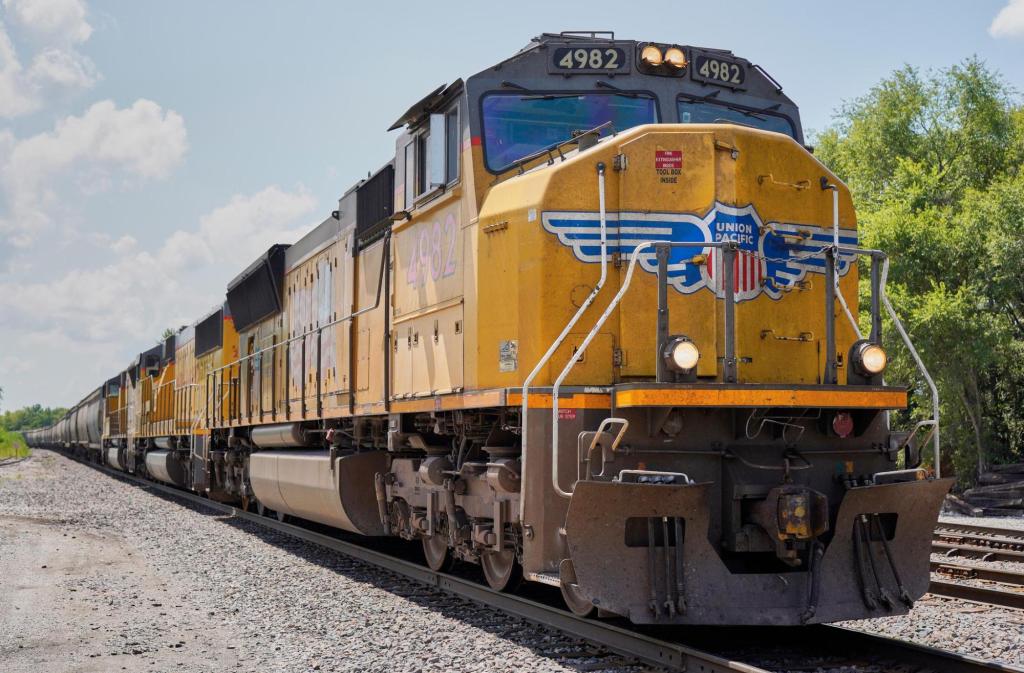When railroad employees get sick, they’re usually faced with a tough choice: use one of their limited personal days, head into work anyway or, if neither of those is an option, risk their job by staying home.
That may soon change.
Railroads including Union Pacific Corp., Norfolk Southern Corp. and CSX Corp. are weighing offering paid sick days — or are already doing so — along with schedule changes and other steps to improve employees’ work-life balance. The sweeping efforts, coming alongside a revised union contract that raised pay, aim to improve worker relations in an industry that has struggled to hire and retain employees.
“We don’t consider our front-line workers as simply costs to the company’s bottom line,” Joe Hinrichs, chief executive officer of CSX, said via email. “Instead, they are the primary driver of our profitability.”
Costs will still be a key consideration for the railroads — and their investors. Voluntary paid sick leave and more flexible schedules would add to the expense of the labor agreement, which over five years raises salaries by 24%, pays bonuses totaling $5,000 and adds one day a year of personal leave. That could come at the expense of dividends and share buybacks, which have soared in recent years.
Workers remain skeptical that they’ll truly benefit from the tradeoff. Railroads historically have been quick to furlough staff during downturns, have required long hours with little flexibility and have imposed strict attendance policies that allow the railroads to operate with fewer workers. The strains led workers to the verge of a nationwide strike last year, requiring White House intervention to help bridge the divide.
Travis Dye, a 41-year-old train engineer who has worked for Union Pacific almost half his life, nearly quit because of the challenging conditions.
“You have no off days. It’s just work, work, work,” said Dye, a member of the Brotherhood of Locomotive Engineers and Trainmen. “It wears…
Read the full article here







